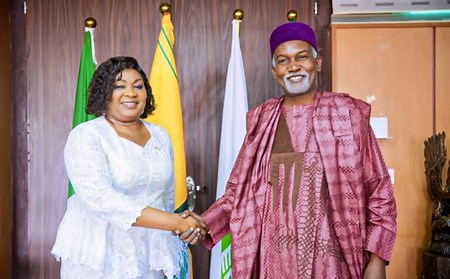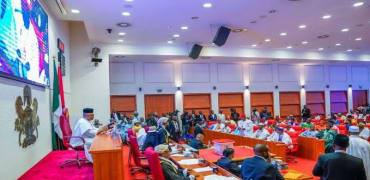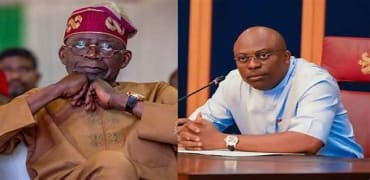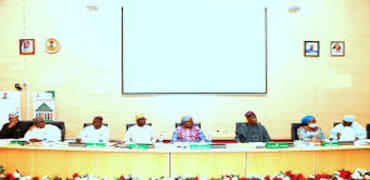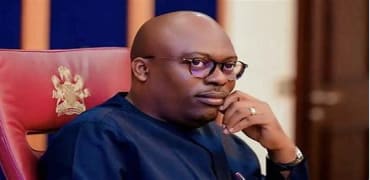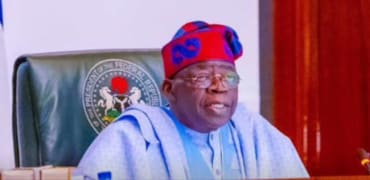ECOWAS Working Towards Return of Mali, Burkina Faso, Niger — Tuggar
ECOWAS Working Towards Return of Mali, Burkina Faso, Niger — Tuggar
By Achimi Muktar
Months after Mali, Burkina Faso, and Niger dramatically quit the Economic Community of West African States (ECOWAS), Nigeria’s Foreign Affairs Minister, Ambassador Yusuf Tuggar, has revealed that the regional bloc is still actively working behind the scenes to bring the three breakaway nations back into the fold.
Speaking during a courtesy visit from the ECOWAS Parliament’s Speaker, Memounatou Ibrahima, in Abuja on Friday, Tuggar struck an optimistic tone, dismissing the notion that the relationship was permanently fractured.
“We have not closed the door on their return,” Tuggar said. “We are confident they will come back because they are part and parcel of the region. It is just a matter of time.”
In January 2025, the three Sahel countries — all ruled by military juntas — formally exited ECOWAS after months of escalating diplomatic tensions. Their withdrawal followed sanctions, travel bans, and a war of words with ECOWAS, which had demanded a swift return to civilian rule.
Following their exit, the trio signed a treaty to establish a rival bloc: the Confederation of Sahel States, signaling a bold attempt to assert regional autonomy. The move was widely seen as a major setback to West Africa’s decades-long integration efforts.
Despite their withdrawal, Tuggar emphasized that Nigeria and other member states remain committed to working with the three countries on mutual concerns such as trade, infrastructure, and security.
“They may have exited the bloc, but we still share borders, culture, and common interests. Dialogue and cooperation won’t stop,” Tuggar noted.
He also called on the media to downplay the negative narratives around their departure and instead focus on the broader achievements of ECOWAS — especially as the bloc prepares to mark its 25th anniversary this November.
Tuggar highlighted several transformative projects currently reshaping the West African region — including the West African Power Pool, the ECOWAS Trade Liberalisation Scheme, and the massive Abidjan-Lagos and Abidjan-Dakar corridors, which are expected to boost regional connectivity and economic growth.
“These projects show that ECOWAS is still delivering value to its people,” he said, urging journalists and stakeholders to spotlight such progress.
Speaker Ibrahima, who led the parliamentary delegation, said their visit was part of ongoing efforts to enhance cooperation between ECOWAS institutions and promote stronger legislative capacity for the ECOWAS Parliament.
She disclosed that the Parliament, established in 2000, is preparing for a landmark celebration of its 25th anniversary. “We want to evolve into a body with more legislative powers to support ECOWAS better,” she said.
Ibrahima was accompanied by Fourth Deputy Speaker Billay Tunkara and Secretary General Bertin Some, among other officials.
The departure of three key members may have rattled ECOWAS, but officials like Tuggar are betting on diplomacy, development, and shared destiny to bring them back. As the region braces for a new chapter, the real question is: will the Sahel trio return to the table — or double down on their new confederation?
For now, ECOWAS is keeping the door wide open.



